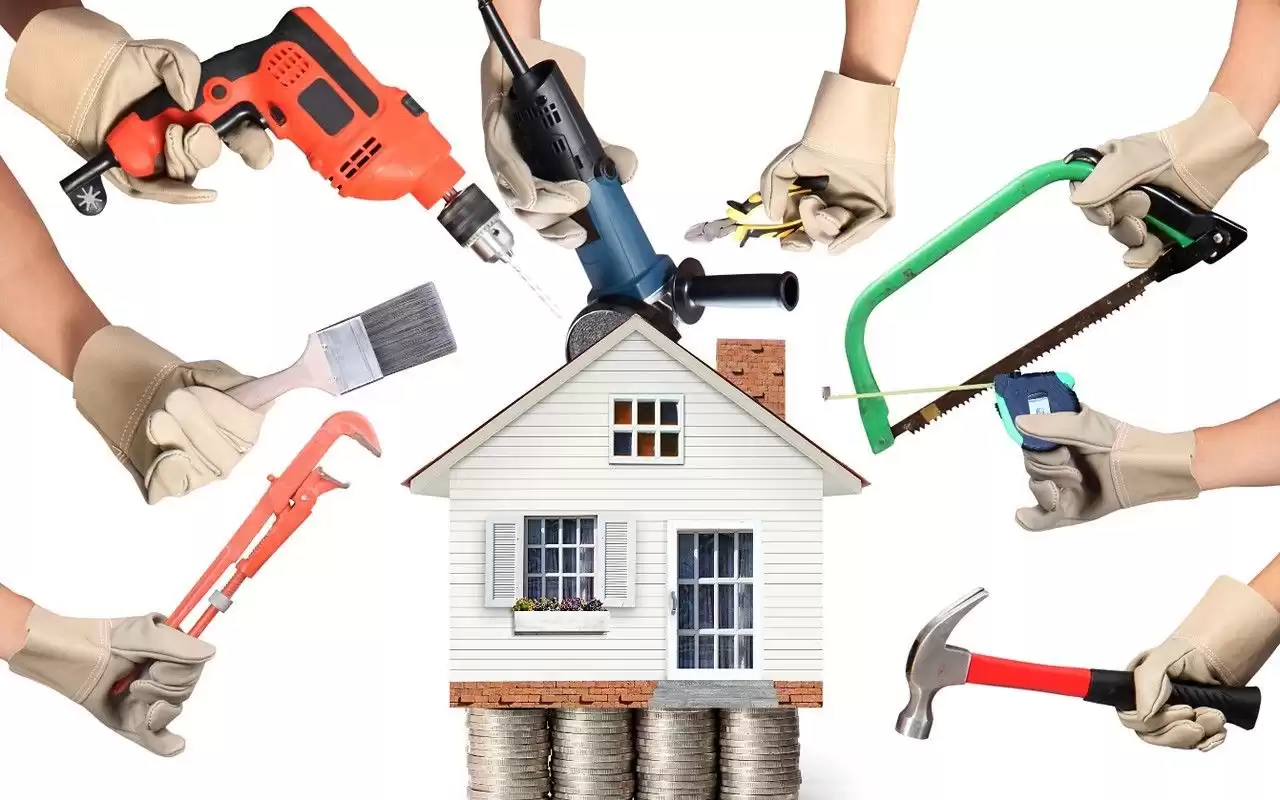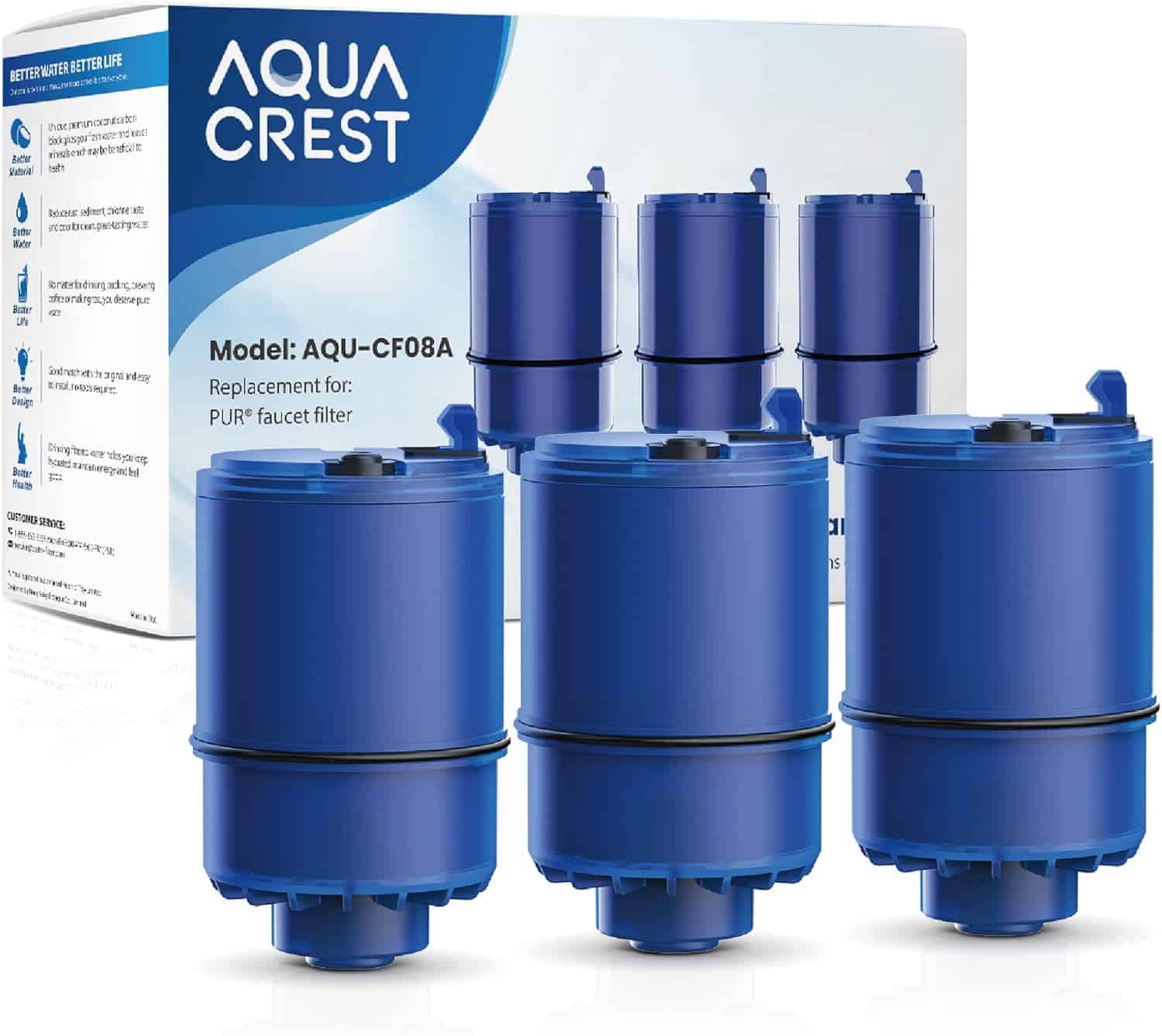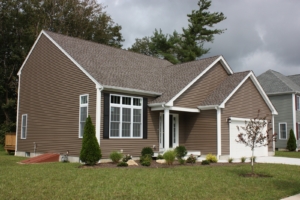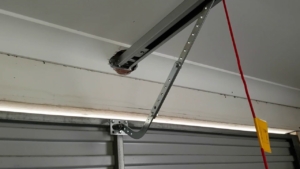How Long Does Epoxy Flooring Last?
A Guide to Lifespan and Maintenance

When it comes to flooring options, epoxy floor remains a top pick for many. It’s not just about its sleek and shiny appearance; durability is a major selling point. But, just how long does an epoxy floor last? Stick around as we delve into the lifespan of epoxy flooring. We’ll discuss factors that affect its durability and how to extend its life. Whether you’re considering this flooring type for your garage, basement or commercial space, this information may be beneficial for your situation.
What is Epoxy Flooring?
Epoxy flooring is a versatile and durable flooring option that is gaining popularity in both residential and commercial settings. It is a type of flooring that is created by mixing epoxy resin and a hardening agent. This mixture forms a strong, seamless, and glossy surface that is resistant to stains, chemicals, and heavy traffic.
Definition and Composition
Epoxy flooring is a type of resinous flooring that offers a high-performance solution for various flooring needs. It consists of two main components: epoxy resin and a hardening agent. When these two components are mixed together, a chemical reaction occurs, resulting in a thick, viscous liquid that can be applied to a concrete surface.
Once applied, the epoxy mixture cures and hardens over time, forming a durable and smooth surface. The composition of epoxy flooring can vary depending on the specific requirements of the project, but typically it consists of a combination of epoxy resin, hardening agent, and various additives like color pigments or aggregate particles for added texture.
Types of Epoxy Flooring
There are several types of epoxy flooring available, each designed to suit different needs and environments. Here are some commonly used types:
- Self-Leveling Epoxy Floors: This type of epoxy flooring is ideal for areas with uneven or damaged concrete surfaces. It is self-leveling, meaning it can flow and fill in gaps and imperfections, resulting in a perfectly level and smooth finish.
- Epoxy Mortar Floors: Epoxy mortar floors are highly durable and resistant to heavy impacts and extreme temperatures. They are commonly used in industrial settings, such as warehouses or manufacturing facilities, where there is a need for a strong and resilient flooring solution.
- Epoxy Flake Floors: For those looking for a decorative and visually appealing flooring option, epoxy flake floors are a great choice. These floors consist of colored chips or flakes that are embedded in the epoxy surface, creating a beautiful and unique appearance.
- Epoxy Terrazzo Floors: Epoxy terrazzo floors are a combination of epoxy resin and decorative aggregates like marble or glass chips. This type of flooring offers limitless design possibilities and is often used in high-end commercial buildings or residential properties.
- Antistatic Epoxy Floors: Antistatic epoxy floors are specially formulated to dissipate electrostatic charges, making them suitable for environments where sensitive electronic equipment is present. They help prevent damage from static electricity and ensure a safe working environment.
Factors Affecting the Lifespan of Epoxy Floors
Epoxy floors are known for their durability and longevity, but various factors can influence their lifespan. Understanding these factors will help you make informed decisions when it comes to choosing the right epoxy material, preparing the surface, adopting proper installation techniques, and considering the environmental conditions. Let’s delve into each of these factors to gain a better understanding.
Quality of Epoxy Material
The longevity of epoxy floors greatly depends on the quality of the epoxy material used. High-quality epoxy resins are designed to withstand heavy foot traffic, resist chemicals, and provide excellent adhesion to the substrate. When selecting an epoxy material, ensure that it is specifically formulated for flooring applications and meets industry standards. Investing in a top-quality epoxy material may initially cost more, but it can significantly extend the lifespan of your epoxy floor.
Surface Preparation
Proper surface preparation is crucial for the longevity of epoxy floors. Before applying the epoxy coating, the surface needs to be clean, dry, and free from any contaminants such as oil, grease, or dust. Neglecting proper surface preparation can lead to poor adhesion and premature failure of the epoxy coating. It is essential to thoroughly clean and degrease the surface, repair any cracks or imperfections, and ensure a smooth and level substrate. By investing time and effort into surface preparation, you can enhance the lifespan of your epoxy floor.
Installation Technique
Adopting the correct installation technique is vital for the durability of epoxy floors. The application process should follow the manufacturer’s guidelines and recommendations. It is important to mix the epoxy components accurately and apply them evenly to achieve a consistent thickness across the entire floor. Proper curing time and temperature should also be observed to allow the epoxy to fully harden and bond with the substrate. By adhering to proper installation techniques, you can maximize the lifespan of your epoxy floor.
Environmental Conditions
The environmental conditions in which the epoxy floor is installed and maintained can affect its lifespan. Extreme temperature fluctuations, high humidity, and exposure to UV radiation can all impact the performance and durability of epoxy floors. It is important to choose an epoxy material that is suitable for the specific environmental conditions of your space. Additionally, regular maintenance such as routine cleaning and periodic resealing can help protect the epoxy floor and extend its lifespan. By considering and managing the environmental conditions, you can ensure the longevity of your epoxy floor.
Average Lifespan of Epoxy Floors
Epoxy floors have become increasingly popular in both residential and commercial settings, thanks to their durability, versatility, and aesthetic appeal. If you’re considering installing an epoxy floor, one of the questions that may come to mind is: “How long does an epoxy floor last?” In this article section, we will explore the average lifespan of epoxy floors, discussing their longevity in both residential and commercial applications.
Residential Epoxy Floors
Residential epoxy floors are a fantastic choice for homeowners who are looking to enhance the durability and visual appeal of their floors. These floors are commonly found in garages, basements, kitchens, and other areas that experience heavy foot traffic or potential exposure to moisture and chemicals.
On average, residential epoxy floors can last anywhere from 10 to 20 years, depending on various factors such as the quality of the installation, the level of maintenance, and the overall usage. With proper care and regular maintenance, homeowners can significantly extend the lifespan of their epoxy floors.
To ensure the longevity of your residential epoxy floor, it is crucial to follow some essential maintenance tips. First and foremost, it is essential to clean the floor regularly using non-abrasive cleaners and avoid using harsh chemicals that can damage the epoxy coating. Additionally, placing protective mats or rugs in high-traffic areas and avoiding dragging heavy objects across the floor can prevent unnecessary wear and tear.
Commercial Epoxy Floors
In commercial settings such as retail stores, offices, restaurants, and industrial facilities, epoxy floors are an excellent choice due to their exceptional durability and resistance to heavy traffic, impact, and chemicals. These floors are designed to withstand the demands of high footfall and constant use.
When it comes to the lifespan of commercial epoxy floors, their durability is even more impressive. On average, well-maintained commercial epoxy floors can last anywhere from 15 to 30 years. However, it is important to note that the lifespan of these floors can vary depending on the level of traffic, the nature of the business, and the maintenance practices employed.
To ensure a longer lifespan for your commercial epoxy floor, it is advisable to establish a routine maintenance schedule. Regular cleaning using appropriate cleaning agents and equipment, as well as prompt repairs of any damages or cracks, can significantly contribute to the longevity of the floor. Additionally, implementing proper floor maintenance protocols such as using mats in entryways and high-traffic areas can help minimize wear and tear.
Signs of Wear and Tear
When it comes to epoxy floors, one of the key factors to consider is their longevity. You want to ensure that your investment in an epoxy floor will last for a significant period of time. To determine the durability of your epoxy floor, it’s important to look out for signs of wear and tear. Here are some common indicators that your epoxy floor may be showing signs of deterioration:
Scratches and Scuffs
One of the most noticeable signs of wear and tear on an epoxy floor is the presence of scratches and scuffs. Over time, heavy foot traffic, moving furniture, or sharp objects can cause the surface of the epoxy floor to become scratched or scuffed. These imperfections not only affect the appearance of the floor but can also compromise its integrity and make it more susceptible to further damage. Regular maintenance and taking precautions to prevent such incidents can help prolong the life of your epoxy floor.
Chipping and Peeling
Another telltale sign that your epoxy floor may be deteriorating is the presence of chipping and peeling. If you notice areas where the epoxy coating is starting to chip or peel away, it indicates that the adhesion between the epoxy and the underlying surface may have weakened. Environmental factors such as moisture, temperature fluctuations, or exposure to harsh chemicals can contribute to this deterioration. Promptly addressing chipping and peeling is vital to prevent further damage and to maintain the longevity of your epoxy floor.
Fading and Discoloration
Epoxy floors are known for their vibrant and glossy appearance. However, over time, prolonged exposure to sunlight and certain chemicals can cause the epoxy to fade or discolor. Fading and discoloration not only diminish the aesthetic appeal of the floor but can also be an indication of underlying damage to the epoxy coating. Regular cleaning and using protective coatings or sealants can help mitigate the effects of fading and discoloration, ensuring that your epoxy floor maintains its original beauty for a longer period.
Extending the Lifespan of Epoxy Floors
Epoxy floors are known for their durability and longevity, but just like any other surface, they require proper care and maintenance to ensure they last as long as possible. By following a few simple steps, you can extend the lifespan of your epoxy floors and enjoy their beauty and functionality for many years to come.
Regular Cleaning and Maintenance
One of the most important factors in prolonging the lifespan of epoxy floors is regular cleaning and maintenance. By keeping your floors clean, you not only enhance their appearance but also prevent dirt, dust, and other debris from scratching or damaging the surface.
To clean your epoxy floors, start by sweeping or vacuuming the area to remove loose dirt and debris. Then, use a mop or soft cloth dampened with a mild detergent or epoxy floor cleaner to remove any stains or spills. Avoid using abrasive cleaners or scrub brushes, as they can cause damage to the epoxy surface.
Regular maintenance also includes promptly addressing any spills or accidents that may occur. Clean up spills immediately to prevent staining or discoloration. Additionally, consider placing mats or rugs in high-traffic areas to minimize wear and tear on the epoxy floor.
Protective Coatings and Sealants
Applying protective coatings and sealants to your epoxy floors is another effective way to extend their lifespan. These coatings act as a barrier, protecting the surface from scratches, chemicals, and UV damage.
There are various types of protective coatings available, including epoxy clear coats and polyurethane sealants. These coatings not only enhance the durability of the epoxy floor but also give it a glossy finish, making it more aesthetically pleasing.
Before applying any protective coating or sealant, ensure that the epoxy surface is clean and free from any dirt or debris. Follow the manufacturer’s instructions carefully and apply the coating evenly using a roller or brush. Allow the coating to cure completely before using the floor.
Avoiding Heavy Impact and Chemical Exposure
While epoxy floors are highly resistant to impact and chemicals, it is still essential to avoid heavy impact and prolonged exposure to harsh chemicals. Although epoxy floors can withstand a certain amount of abuse, excessive force or chemical exposure can lead to damage or deterioration over time.
To prevent heavy impact, avoid dropping heavy objects or dragging sharp items on the epoxy surface. Use caution when moving furniture or equipment to prevent scratching or gouging the floor. Additionally, consider using furniture pads or coasters to minimize the impact on the epoxy surface.
When it comes to chemical exposure, certain substances can cause discoloration or damage to epoxy floors. Avoid using strong solvents, acids, or alkalis on the surface. Clean up any spills immediately and use appropriate cleaning products that are safe for epoxy floors.
Regular cleaning and maintenance, applying protective coatings and sealants, and avoiding heavy impact and chemical exposure are all key factors in ensuring that your epoxy floors remain beautiful and functional for years to come.
Conclusion
Epoxy flooring is a durable and long-lasting option for both residential and commercial spaces. With proper installation and maintenance, epoxy floors can last for many years, providing a strong and reliable surface that can withstand heavy foot traffic and various environmental conditions. The lifespan of an epoxy floor largely depends on factors such as the quality of the materials used, the level of preparation done before installation, and how well it is maintained over time.
On average, a well-maintained epoxy floor can last anywhere between 5 to 10 years, but it is not uncommon for it to last even longer with proper care. Regular cleaning, avoiding harsh chemicals, and promptly addressing any spills or damages can help extend the lifespan of an epoxy floor. Additionally, applying a fresh topcoat every few years can rejuvenate the appearance and enhance the durability of the floor.
It is important to note that the lifespan of an epoxy floor can also be influenced by the level of usage and the type of environment it is exposed to. High-traffic areas or spaces that experience heavy machinery or equipment may require more frequent maintenance or touch-ups to ensure the longevity of the epoxy floor.
Overall, investing in an epoxy floor is a wise choice for those looking for a durable and long-lasting flooring solution. With proper installation, care, and maintenance, an epoxy floor can provide a beautiful and reliable surface that stands the test of time.



























































